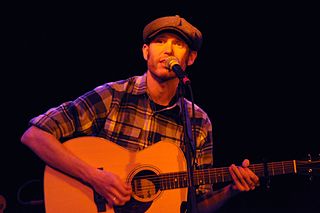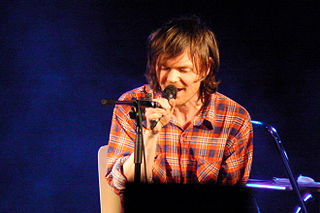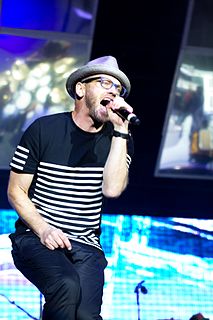A Quote by Jonathan Miles
Anyone who's ever read the lyrics of an already cherished song has most likely encountered that hollow sensation of something missing, the absence of certain emotional integers. It can be like viewing a loved one's X-rays.
Related Quotes
I don't really have a set-in-stone process or formula. Sometimes the melody is there and I have to chase down the lyrics. Sometimes, the song is there and I have to make the melody fit. What I've learned so far about songwriting is that I can't force a song. If I try to do that, it's hollow, and people know a hollow song when they hear it. It's the song they stop listening to and forget about. I'd prefer not to write those kinds of songs.
I don't think I ever wrote a song. I can write a lot of jokes, but when I try to write lyrics they're the most direct, non-figurative words, like, 'I like you, I like you,'... and that's it, for the whole song. People would go, 'Ooh, this guy's Dylan or something.' It gives me a lot more respect for songwriters, actually.
Because you've been exposed to Western tonal music, you know after a certain chord sequence what the next possibilities are. Your brain has compiled a statistical map of which ones are most likely and least likely. If the song keeps hitting the most likely notes, you'll get bored, and if it's always the least likely ones, you'll get irritated.
Strong emotional experiences are for the most part impersonal. Anyone who has hated another person so much that only chance stands between that person and death knows this, as does whoever has fallen into the catastrophe of a deep depression, anyone who has loved a woman to the dregs, anyone who has beaten others bloody or ever come up behind another person with muscles trembling. "Losing one's head," language calls it. Emotional experience is, in itself, poor in qualities; qualities are brought to it by the person who has the experience.
There's no difference between lyrics and poetry. Words are words. The only difference is the people who are in academic positions and call themselves poets and have an academic stance. They've got something to lose if they say it's all poetry; if there's not music to it, and you have to wear a certain kind of checkered shirt or something like that. It's all the same. Lyrics are lyrics, poetry is poetry, lyrics are poetry, and poetry is lyrics. They are interchangeable to me.
maybe memories are like karaoke-where you realize up on the stage, with all those lyrics scrawling across the screen's bottom, and with everybody clapping at you, that you didn't know even half the lyrics to your all-time favourite song. Only afterwards, when someone else is up on stage humiliating themselves amid the clapping and laughing, do you realize that what you liiked most about your favourite song was precisely your ignorance of its full meaning- and you read more into it than maybe existed in the first place. I think it's better to not know the lyrics to your life.
It wasn't only that you didn't see him anymore, meet him anymore. You saw his absence and encountered it as something tangible. His not being there was like the sharply outlined emptiness of a photo with a figure cut out precisely with scissors and now the missing figure is more important, more dominant than all others.
Literally as I walk into the studio I say, "God, hollow me of all my junk. Hollow me of my insecurity, my pride and my doubt. Make me hollow enough that you can breathe something through me that would turn eyes to you." And whether that's a song or a conversation you're going to have with a co-worker, or whatever you're facing, that's for everybody.
































